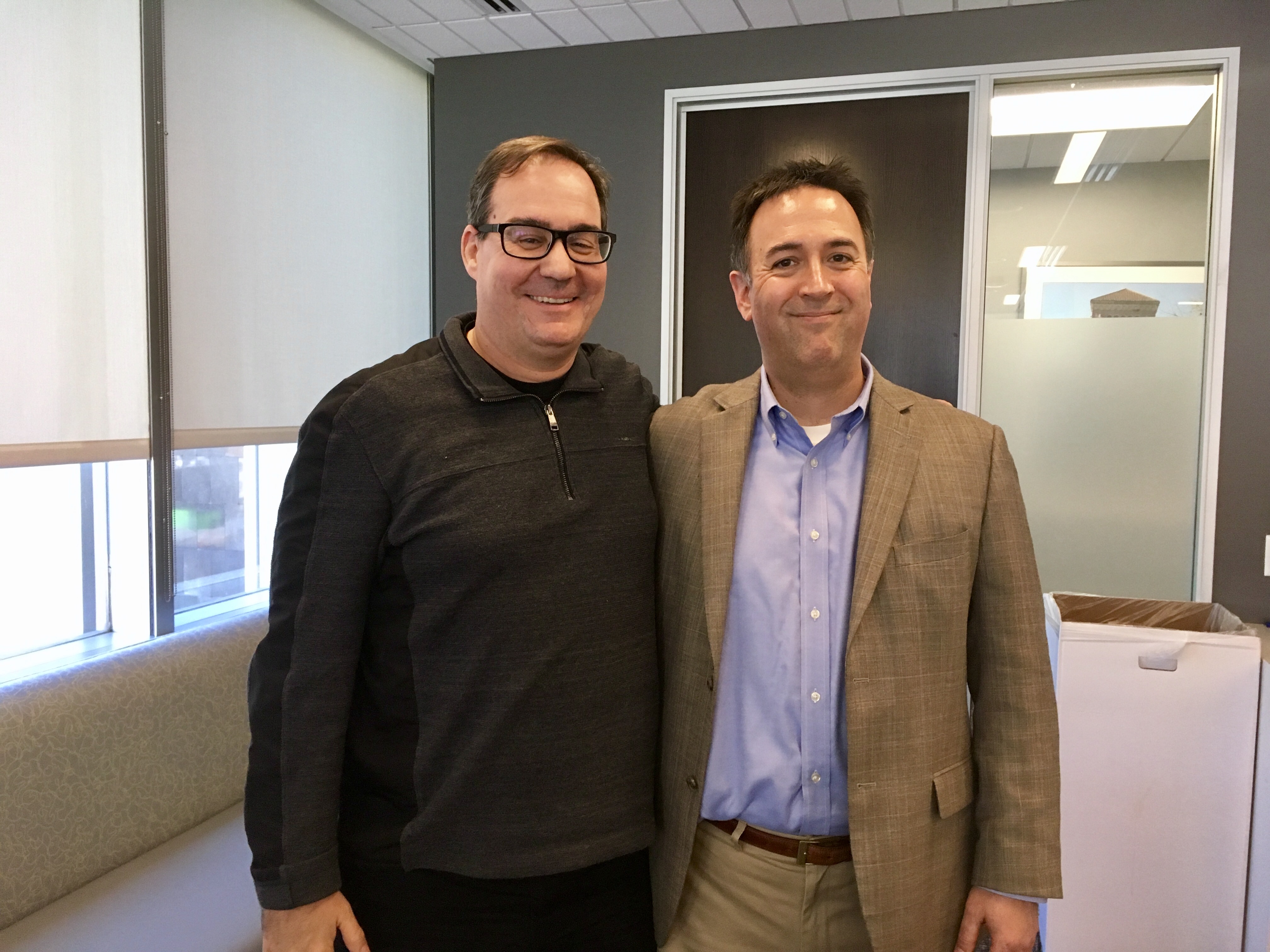A new type of group therapy is helping veterans at VA hospitals cope with suicidal tendencies.
Peter Gutierrez, clinical research psychologist with the VA’s Rocky Mountain Mental Illness Research, Education and Clinical Center in Denver, spoke at USC on Feb. 9 about the benefits of suicide-focused group therapy for preventing suicide among veterans.
Gutierrez presented research findings on a study he’s undertaken that uses CAMS (Collaborative Assessment and Management of Suicidality) in a group-centered environment. The patient becomes more involved in his or her treatment plan, shifting the power dynamic between clinician and patient. Patients are able to describe their symptoms and crises in their own words.
“People are much better at predicting their own suicide than clinicians,” Gutierrez said at an event hosted by the Center for Innovation and Research on Veterans & Military Families at the USC Suzanne Dworak-Peck School of Social Work.
Gutierrez said that camaraderie and trust quickly develop in a group of veterans with shared military experience. This has allowed them to not only be free to discuss their own issues in group setting, but also provide feedback and advice to others struggling with similar suicidal thoughts within the group.
The group setting has also allowed veterans to discuss certain issues and accept some suggestions from their peers that they might not be receptive to in an individual therapy environment. For example, firearms are one of the most prominent modes of suicide among this population, but many clinicians have little to no weapons knowledge. If a peer veteran brings up suggestions on how to distance oneself from a weapon, it may have more impact than hearing it from a civilian therapist.
The discussion portion of the therapy is vital to treatment. It helps each participant gain an understanding of what they are going through – they can identify and address what is making them suicidal. They can also develop plans, goals, and hope for the future. These are often difficult to accomplish in individual therapy because military-connected clients are unable to relate to their clinician. It is beneficial for these veterans to speak to others about their most painful experiences and realize that they are not unique – they are not the only person going through this type of trauma.
Gutierrez also said that the focus of suicide prevention therapy shifts in CAMS. Instead of treating suicidality as a symptom of another condition (e.g., major depressive disorder), it treats it as the main issue. Until suicide can be ruled out as a threat to the patient’s life, the other conditions are not as important.
“Suicide is the focus, everything else takes a backseat,” Gutierrez said. “If we can’t move them to a place where suicide is off the table, the rest of that – [PTSD, depression, alcoholism] – doesn’t matter that much.”








